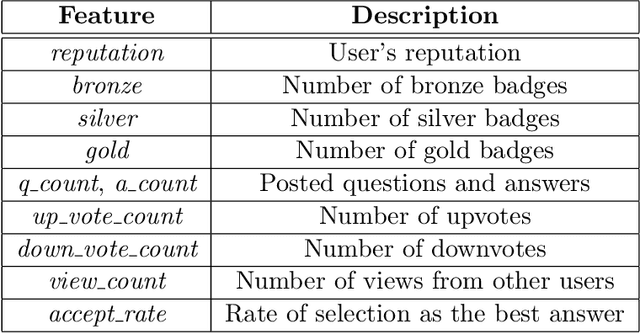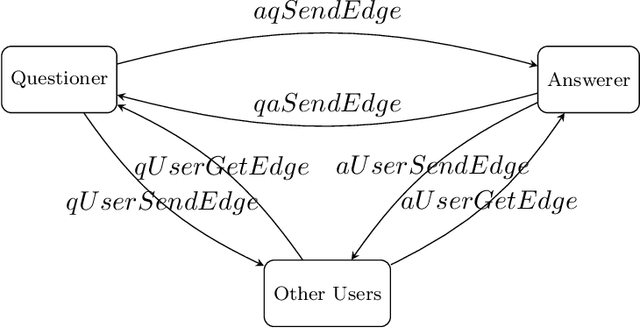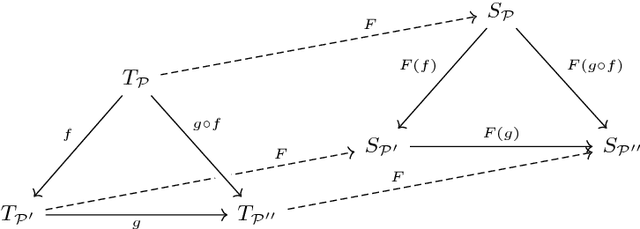Rafik Hadfi
Beyond Self-Reports: Multi-Observer Agents for Personality Assessment in Large Language Models
Apr 11, 2025Abstract:There is a growing interest in assessing the personality traits of Large language models (LLMs). However, traditional personality assessments based on self-report questionnaires may fail to capture their true behavioral nuances due to inherent biases and meta-knowledge contamination. This paper introduces a novel multi-observer framework for LLM personality assessment that draws inspiration from informant-report methods in psychology. Instead of relying solely on self-assessments, our approach employs multiple observer agents configured with a specific relationship context (e.g., family, friend, or workplace) to simulate interactive scenarios with a subject LLM. These observers engage in dialogues and subsequently provide ratings across the Big Five personality dimensions. Our experiments reveal that LLMs possess systematic biases in self-report personality ratings. Moreover, aggregating observer ratings effectively reduces non-systematic biases and achieves optimal reliability with 5-7 observers. The findings highlight the significant impact of relationship context on personality perception and demonstrate that a multi-observer paradigm yields a more robust and context-sensitive evaluation of LLM personality traits.
How Personality Traits Influence Negotiation Outcomes? A Simulation based on Large Language Models
Jul 16, 2024Abstract:Psychological evidence reveals the influence of personality traits on decision-making. For instance, agreeableness is generally associated with positive outcomes in negotiations, whereas neuroticism is often linked to less favorable outcomes. This paper introduces a simulation framework centered on Large Language Model (LLM) agents endowed with synthesized personality traits. The agents negotiate within bargaining domains and possess customizable personalities and objectives. The experimental results show that the behavioral tendencies of LLM-based simulations could reproduce behavioral patterns observed in human negotiations. The contribution is twofold. First, we propose a simulation methodology that investigates the alignment between the linguistic and economic capabilities of LLM agents. Secondly, we offer empirical insights into the strategic impact of Big-Five personality traits on the outcomes of bilateral negotiations. We also provide a case study based on synthesized bargaining dialogues to reveal intriguing behaviors, including deceitful and compromising behaviors.
Best-Answer Prediction in Q&A Sites Using User Information
Dec 15, 2022



Abstract:Community Question Answering (CQA) sites have spread and multiplied significantly in recent years. Sites like Reddit, Quora, and Stack Exchange are becoming popular amongst people interested in finding answers to diverse questions. One practical way of finding such answers is automatically predicting the best candidate given existing answers and comments. Many studies were conducted on answer prediction in CQA but with limited focus on using the background information of the questionnaires. We address this limitation using a novel method for predicting the best answers using the questioner's background information and other features, such as the textual content or the relationships with other participants. Our answer classification model was trained using the Stack Exchange dataset and validated using the Area Under the Curve (AUC) metric. The experimental results show that the proposed method complements previous methods by pointing out the importance of the relationships between users, particularly throughout the level of involvement in different communities on Stack Exchange. Furthermore, we point out that there is little overlap between user-relation information and the information represented by the shallow text features and the meta-features, such as time differences.
Solving Tree Problems with Category Theory
Oct 16, 2018



Abstract:Artificial Intelligence (AI) has long pursued models, theories, and techniques to imbue machines with human-like general intelligence. Yet even the currently predominant data-driven approaches in AI seem to be lacking humans' unique ability to solve wide ranges of problems. This situation begs the question of the existence of principles that underlie general problem-solving capabilities. We approach this question through the mathematical formulation of analogies across different problems and solutions. We focus in particular on problems that could be represented as tree-like structures. Most importantly, we adopt a category-theoretic approach in formalising tree problems as categories, and in proving the existence of equivalences across apparently unrelated problem domains. We prove the existence of a functor between the category of tree problems and the category of solutions. We also provide a weaker version of the functor by quantifying equivalences of problem categories using a metric on tree problems.
* 10 pages, 4 figures, International Conference on Artificial General Intelligence (AGI) 2018
Investigating Enactive Learning for Autonomous Intelligent Agents
Oct 09, 2018



Abstract:The enactive approach to cognition is typically proposed as a viable alternative to traditional cognitive science. Enactive cognition displaces the explanatory focus from the internal representations of the agent to the direct sensorimotor interaction with its environment. In this paper, we investigate enactive learning through means of artificial agent simulations. We compare the performances of the enactive agent to an agent operating on classical reinforcement learning in foraging tasks within maze environments. The characteristics of the agents are analysed in terms of the accessibility of the environmental states, goals, and exploration/exploitation tradeoffs. We confirm that the enactive agent can successfully interact with its environment and learn to avoid unfavourable interactions using intrinsically defined goals. The performance of the enactive agent is shown to be limited by the number of affordable actions.
 Add to Chrome
Add to Chrome Add to Firefox
Add to Firefox Add to Edge
Add to Edge